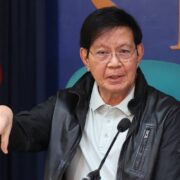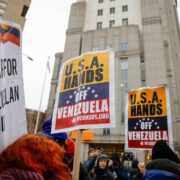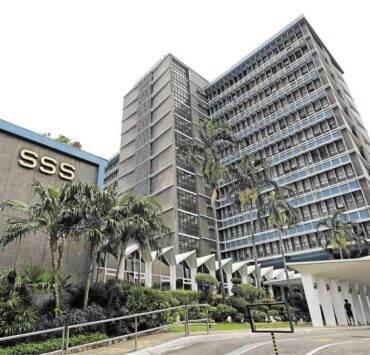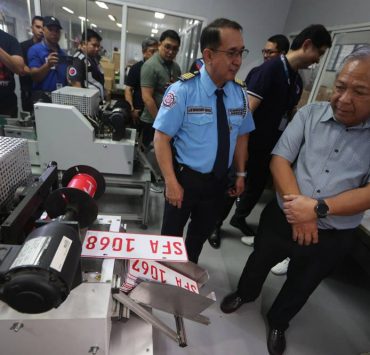Exercises ‘purely defensive,’ US says of drills with PH
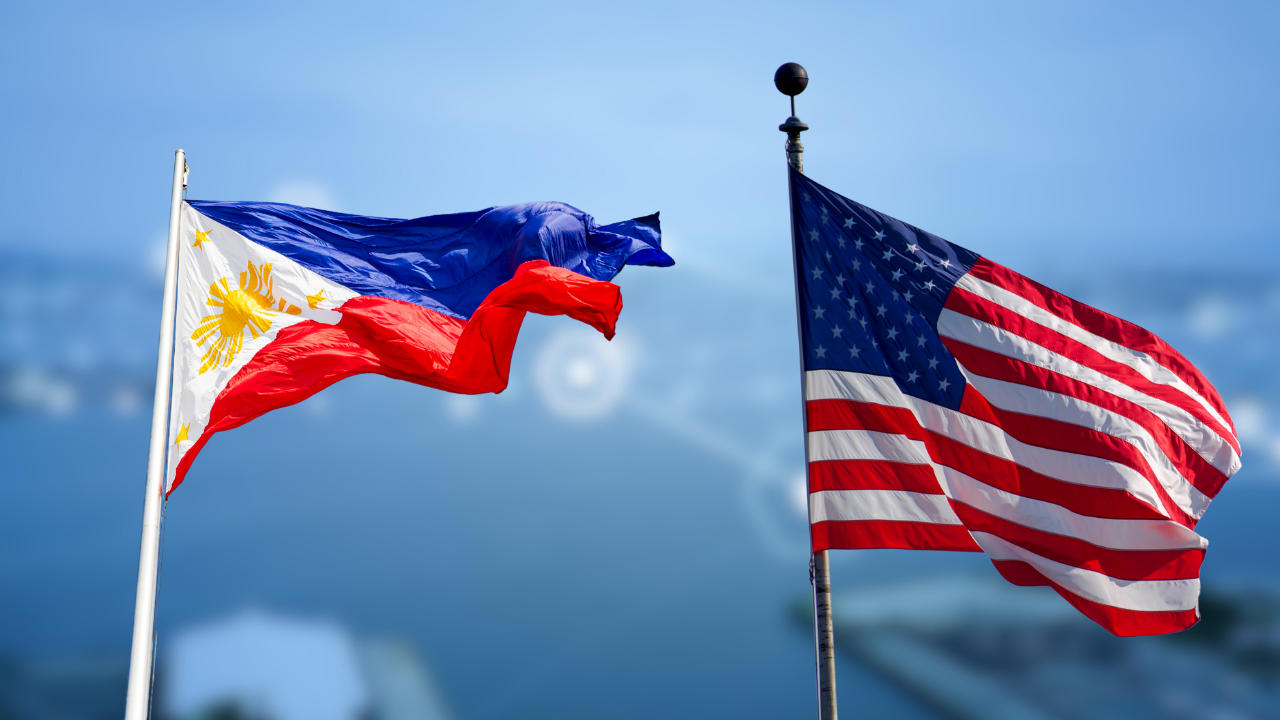
BEIJING—US-Philippine military exercises are longstanding, “purely defensive” and intended to maintain force readiness and preserve regional security, a US State Department spokesperson said on Saturday.
The spokesperson was responding in an email to a request for comment after China’s defense ministry urged Manila on Friday to withdraw US Typhon intermediate-range missiles.
The Typhon launchers, part of a US drive to amass an arsenal of antiship weapons in Asia, can fire multipurpose missiles distances of up to thousands of kilometers.
The Tomahawk cruise missiles in the launchers can hit targets in China or Russia from the Philippines, while the SM-6 missiles it also carries can strike air or sea targets more than 200 kilometers away.
Temporary deployments of US missile capabilities in the Philippines are responsive to growing threats, intended to maintain force readiness and to preserve regional security and stability for all, the spokesperson said.
“These US systems are designed to be conventionally armed and are not designed to employ nuclear payloads,” the spokesperson added.
Beijing has deployed ballistic medium and intermediate-range missiles that can cover up to 3,000 km, or 5,000 km including dual-capable ones for nuclear and conventional use, and is developing and deploying more such systems, the spokesperson said.
China’s defense ministry accused the Philippines of breaking promises by introducing the missile system, which it called a “strategic offensive weapon.”
The Philippines said the Typhon missile system was only meant for defense and that the Southeast Asian nation had never promised to withdraw it.
The US state department issued the statement in Washington after State Secretary Marcos Rubio met with Foreign Secretary Enrique Manalo on the sidelines of the Munich Security Conference.
According to the Department of State on Friday, the US promised to continue to increase “economic cooperation” with the Philippines in various sectors aside from military collaboration to deter China’s aggression in the South China Sea.
“[Rubio] noted his enthusiasm for building an even more invested and enduring relationship,” state spokesperson Tammy Bruce said in a statement.
“Discussions included the ongoing bilateral coordination on addressing China’s destabilizing actions in the South China Sea; and increasing economic cooperation on infrastructure, critical minerals, information technology and energy, including through civil nuclear cooperation,” Bruce concluded.


